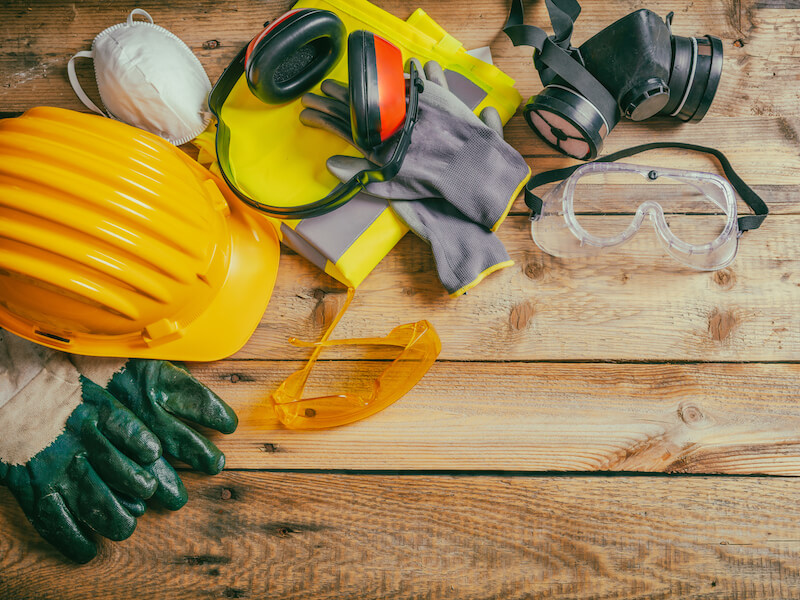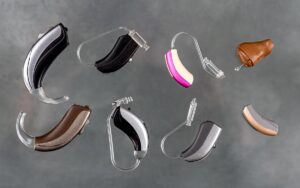
Each year, approximately 2 million workplace injuries are documented. Typically, we think of a hand caught in a piece of machinery or a flying projectile when we consider work-related injuries.
But the most prevalent workplace injury is a lot more pernicious and frequently goes unreported. It sneaks up on people really slowly over the course of several years. The injury goes undetected until the effects become impossible to overlook. Excuses are a typical reaction. “It will go away” or “I’m just getting older. This is normal.
And it’s unusual for people to even acknowledge that their workplace is to blame for this injury.
The insidious injury is damaged hearing. There are numerous warning signs you should identify, and there are important steps you need to take if you suspect the damage is already done.
Exactly When Does The Volume Become “Too Loud”?
Sustained exposure to sounds above 85 decibels (dB) can result in permanent damage to your hearing. Seventy-five dB, for example, is the average volume of a vacuum cleaner. Eighty-five dB for a lawnmower. A chainsaw or leaf blower produces more than 100 dB. And the volume of a gunshot comes in at 140 dB.
How loud is your workplace? Is the most common workplace injury a problem for you? Over time, your hearing is likely to be damaged if you are regularly exposed to sound as loud as a lawnmower, even if it’s not constant.
Signs of Hearing Damage
If you work in a loud environment, there’s no doubt you’re damaging your hearing.
The following is are early warning signs that you’re experiencing hearing loss:
- Your friends and family tell you your TV, radio, or computer tablet volume is too high.
- When people speak, you tend disengage.
- Conversations sound muffled.
- You frequently ask people to repeat what they said.
- You think people speaking to you are constantly mumbling.
- You can’t understand the person speaking if there’s background noise.
- Loud noises cause pain in your ears.
- You confuse consonants – “Todd” sounds like “Dodd,” for instance.
- You’re hearing noises in your ears like ringing, hissing, or whistling.
What Are Employers Doing to Lessen Hearing Damage?
In environments that are really loud, technology is being used by businesses or organizations to reduce workplace noise. Workplace noise will be minimized as new recommendations are being put in place by governments to protect workers.
As more employees become aware of the chronic damage they have suffered as a consequence of workplace noise, they are speaking out. In time, their voices will lead to further change.
Preventing Further Damage
If you work in a noisy setting, the best thing you can do is safeguard your ears before any damage occurs. Using protective headphones or earplugs on the job will help minimize potential damage.
If you suspect your hearing has been damaged by a noisy workplace, make an appointment for a hearing exam as soon as you can. You will learn how to avoid additional damage when you find out how much hearing damage you’re dealing with. We can help you develop strategies to prevent further hearing loss and address the damage you’ve already experienced.
[blogcta]




